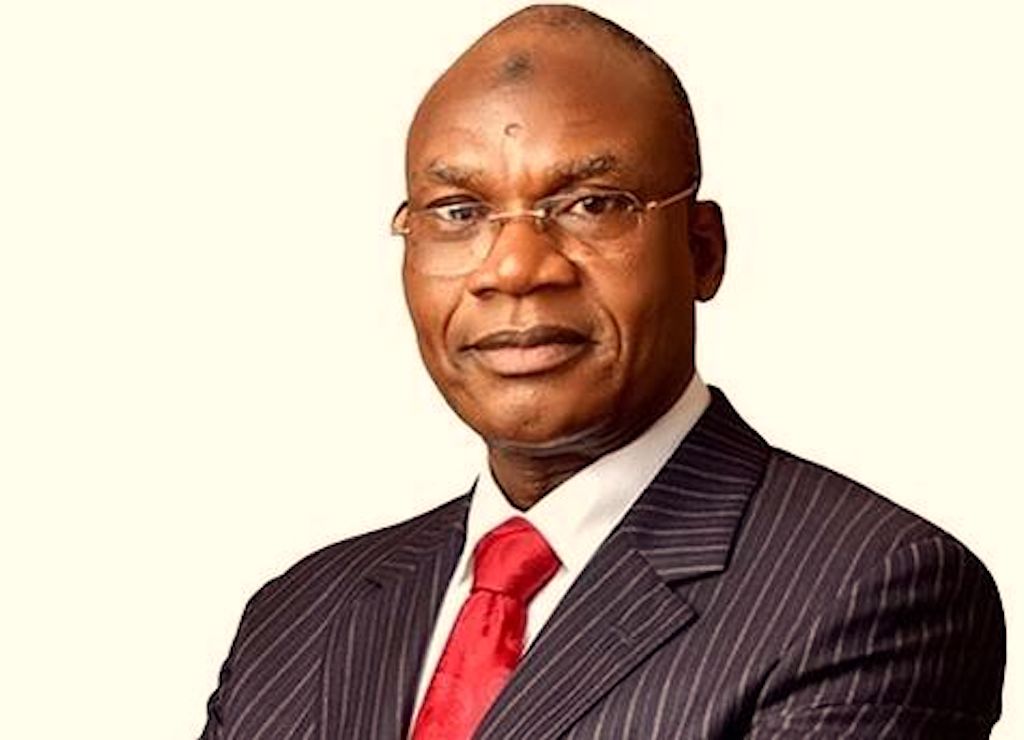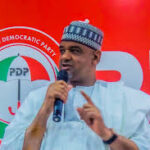The recent unveiling by the federal government of a revised edition of the basic education curriculum for Nigerian schools was apt. The former Minister of Education, Prof. Tahir Mamman, said the new curriculum was designed to incorporate knowledge, skills and values in learners at this level of the system. Mamman stated this at the 68th National Council on Education (NEC) meeting held in Abuja on October 10, 2024.
The minister explained that fast-moving technology is disrupting every industry, including education, which was why the existing curriculum that was on its way to becoming obsolete had to be reviewed. The ministry, he said, is implementing the Education Transformation Agenda of Mr President designed to comprehensively overhaul the education sector to ensure quality learning, skills development, among others. Prof. Mamman reaffirmed that government has the primary responsibility of protecting and ensuring inclusive and equitable quality education at all levels for all learners.
Prof. Mamman thereafter announced that with the revised curriculum, implementation will commence in January 2025; adding that new curriculum for the senior secondary education would commence in September 2025. The former minister further said the meeting was conveyed to give timelines for implementation, support, monitoring and evaluation. He said the next three months would be used for the preparatory stage, including preparing teachers’ guide in using the curriculum. “The whole idea is that by the time children finish, they should have a minimum of two skills so that they can have a productive life,” he said.
Earlier in his welcome address, the former Minister of State for Education, Dr Tanko Sununu, said any nation that is desirous of growth must in essence embrace the new culture of creative ideas, entrepreneurship and the use of digital technology. Sununu noted that new and relevant ideas must be injected into the system to enhance national development, adding that education at all levels needs renewal to meet up with the demands of globalisation. He emphasised that the curriculum would equip students with 21st century skills.
- Out-of-school girls in Abuja: Lost dream of education and the burden of survival
- 5m Nigerians got humanitarian assistance every year – UNOCHA
In his contribution, the Director of Curriculum Development, Nigerian Educational Research and Development Council (NERDC), Dr Garba Gandu, said the revised curriculum, which would provide prerequisite skills and training for global competitiveness, is competency and digital-based. New components of the revised basic education curriculum include basic digital literacy, vocational entrepreneurship skills such as garment making; building construction, plumbing and tiling; hospitality such as hairstyling, make-up; services such as GSM repairs, satellite and CCTV installation and maintenance.
The newly revised 9-year basic education curriculum is a long-awaited national document. A school curriculum is expected to be subjected to a review after every five years of implementation with a view to updating its contents to align with global trends within the context of cutting-edge technology. The existing curriculum, which came into being in 2012, has been in use for the past 12 years. The revised curriculum is, therefore, a welcome and commendable development.
Equipping learners in Nigerian basic schools with entrepreneurial skills requires more than just producing a competency and digital-based curriculum. From the onset, the 6-3-3-4 National Policy of Education (NPE) was founded on a philosophy which anticipated that not all graduates of junior secondary schools would proceed to senior secondary classes. Thus, it developed a curriculum that planned to arm basic school learners with hard skills with which to earn a living, should they fail to proceed to senior secondary school.
The skills acquisition component of the NPE as captured in Section 22(a) of the policy document failed to actualise because necessary tools for imparting skills in learners were never provided. Unless government is prepared to abandon the norm of not providing workshop tools and equipment, the newly revised curriculum would not make any difference in terms of developing vocational skills in learners. This is even as the government, through the provisions of Section 33 of the country’s NPE, has a commitment to provide equipped laboratories and workshops. As it is now, only the principal’s office in most basic schools in rural communities has a desktop computer. Yet, government is talking of a curriculum that would equip students with 21st century skills.
The only practical way to make the revised curriculum work is by averting a repeat of the past failures experienced in the implementation of the existing curriculum. Daily Trust, therefore, calls on the federal and state governments as well as operators of private basic schools in the country to ensure that basic schools under their individual mandate are provided with workshop tools and laboratory equipment before the implementation of the revised curriculum begins in January 2025. The revised basic education curriculum should essentially be seen to be functional.

 Join Daily Trust WhatsApp Community For Quick Access To News and Happenings Around You.
Join Daily Trust WhatsApp Community For Quick Access To News and Happenings Around You.


